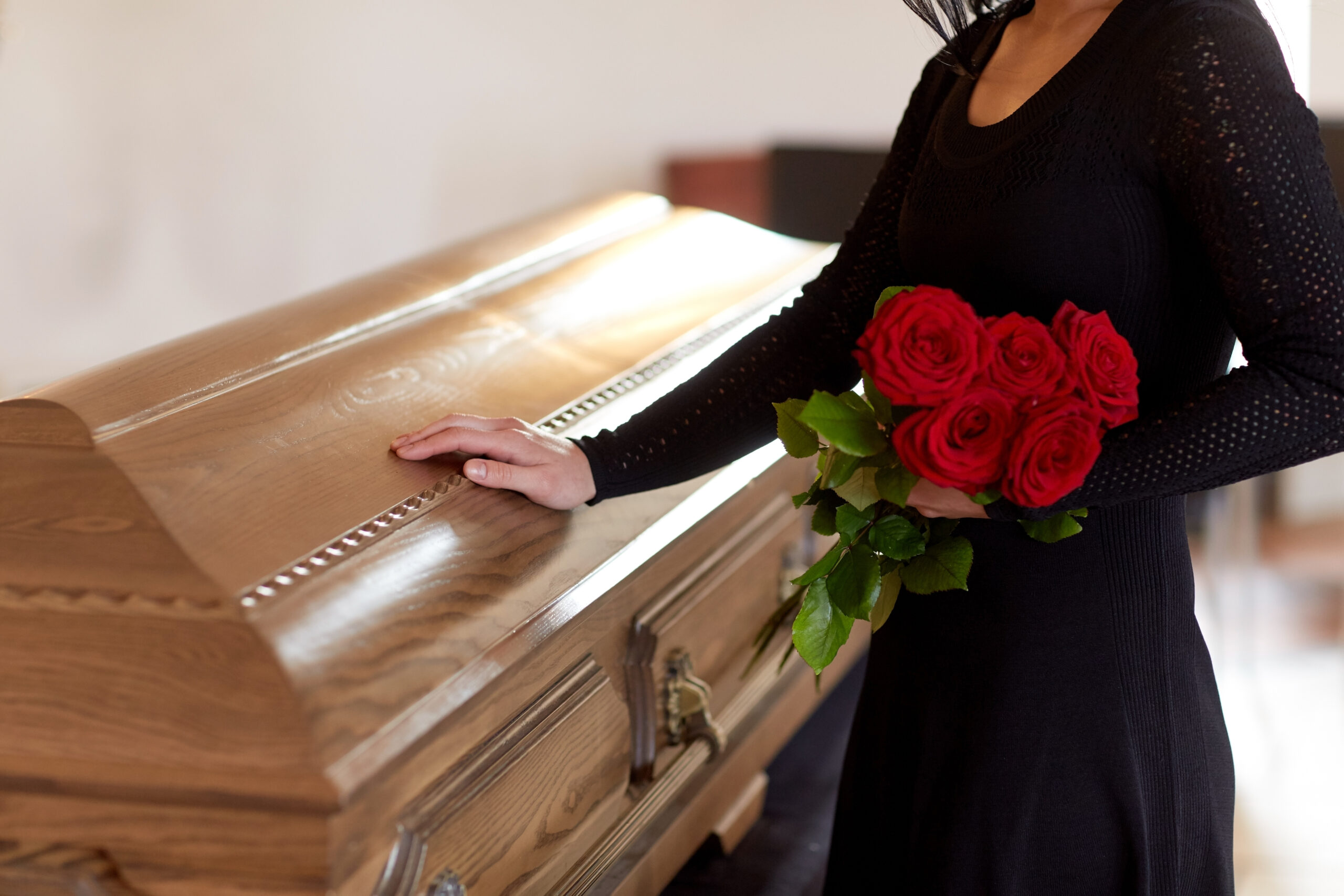If you have lost a loved one due to the negligence or intentional act of another party in South Carolina, you may have the right to file a wrongful death lawsuit. While nothing can ever replace the person you have lost, a wrongful death lawsuit can provide compensation for the financial and emotional damages you have suffered.
Here’s what you can expect in a South Carolina wrongful death lawsuit:
Who can file a wrongful death lawsuit?
In South Carolina, the personal representative of the deceased person’s estate can file a wrongful death lawsuit on behalf of the surviving family members. The surviving family members who may be eligible for compensation include the spouse, children, parents, and siblings of the deceased person.
Types of damages you can recover
In a South Carolina wrongful death lawsuit, you may be able to recover both economic and non-economic damages. Economic damages include expenses related to the deceased person’s medical bills, funeral and burial expenses, and lost income. Non-economic damages include loss of companionship, loss of consortium, and pain and suffering.
Statute of limitations
In South Carolina, the statute of limitations for filing a wrongful death lawsuit is three years from the date of the deceased person’s death. It’s important to file the lawsuit within this time frame to avoid having your case dismissed.
Burden of proof
To prove a wrongful death claim in South Carolina, you must show that the other party’s actions were the direct cause of the deceased person’s death. This requires evidence such as witness statements, medical records, and police reports.
Potential outcomes
If your wrongful death lawsuit is successful, you may be able to recover compensation for your economic and non-economic damages. However, if the case goes to trial, the judge or jury will ultimately determine the amount of compensation you receive.
Working with a wrongful death attorney
Navigating a wrongful death lawsuit can be challenging, particularly while dealing with the emotional stress of losing a loved one. A wrongful death attorney can help guide you through the legal process and ensure your rights are protected.
Possible defenses
The defendant may try to argue that they were not responsible for the deceased person’s death, or that the deceased person was partially at fault for the accident. If the defendant can prove that the deceased person was partially at fault, this can reduce the amount of compensation you receive.
Settlements
In some cases, the defendant may offer a settlement before the case goes to trial. It’s important to work with an experienced wrongful death attorney to ensure that any settlement offer is fair and compensates you adequately for your damages.
Emotional impact
Losing a loved one is an emotional and traumatic experience, and pursuing a wrongful death lawsuit can add to the stress and anxiety you may already be feeling. It’s important to take care of your emotional well-being and seek support from family, friends, or a mental health professional.
Seeking justice
While a wrongful death lawsuit cannot bring back your loved one, it can provide a sense of justice and accountability for the responsible party. By pursuing legal action, you may be able to prevent similar incidents from happening to others in the future.
As a law firm based in South Carolina with extensive experience in handling wrongful death lawsuits, we at Christian & Christian Law can help you navigate the legal process and ensure that your rights are protected throughout the case.
We can investigate the accident, gather evidence, calculate damages, handle negotiations, represent you in court, and provide emotional support. Our attorneys have the knowledge and expertise to build a strong case for your damages and ensure that you receive fair compensation.
We understand that losing a loved one is a traumatic experience, and we can provide compassionate support throughout the legal process. If you have lost a loved one due to the negligence or intentional act of another party in South Carolina, we are here to help. Contact Christian & Christian Law to discuss your legal options.
